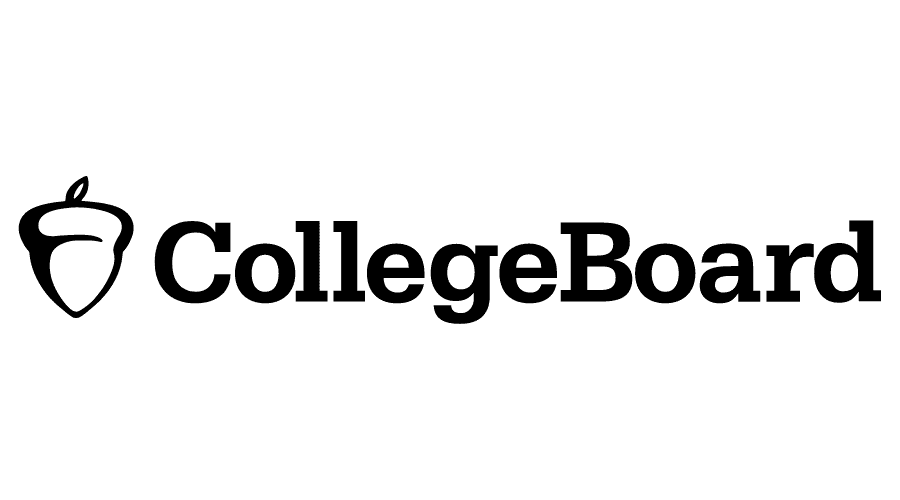In a startling development, the May Revision released today indicates that significant new revenues for schools are available relative to the January proposed budget, yet no funding is proposed for county offices of education to support, review and approve school district LCAPs.
Specifically, the May Revision includes a $661 million increase in on-going funding to close the LCFF gap and an additional $750 million in one-time funding. At the same time, the May Revision allows the $20 million in one-time funding for county offices to support school districts with their LCAPs to end on June 30, with no funding proposed for this purpose for 2017-18.
We believe that county offices used the one-time funding very effectively to strengthen the quality and consistency of county office LCAP support and to make sure that every school district in the state was provided with timely, accurate information on the revised LCAP template and the emerging dashboard and school accountability system. We shared our training materials with the Administration and their staff attended several of our trainings. Based largely on the work of county offices, the implementation of the new template and dashboard has gone relatively smoothly across the state, despite the magnitude of the changes. We submitted a proposal to the Administration to continue this support in 2017-18 that would have cost the state slightly less than $20 million.
Our proposal responded to concerns about higher funded “hold harmless” county offices by defining as support for the LCAP some of the funds those county offices of education already receive, thus focusing the requested state funding on the county offices that are currently the lowest funded. That proposal was the subject of very positive hearings in both the Senate and the Assembly, so we felt encouraged that the proposal would have been approved by the Legislature if it had been included in the May Revision.
Our proposal was supported not only by all the major statewide educational organizations that form the Education Coalition, but also by the Small School Districts Association and many of the key advocacy groups engaged in these issues including Children Now, Public Advocates, EdVoice, Californians Together, and EdTrust-West.
Despite this broad-based support, and the fact that on-going state revenues are available, the Administration evidently does not believe it is a priority for county offices of education to continue this level of support for the LCAP process. Unless some adjustment is made in the final weeks of the budget process, each county superintendent will necessarily have to review the budget priorities for his or her county office in view of the priorities supported by the state.
We will be discussing this issue directly with key staff from the Administration and the Legislature in the coming days and will continue to keep county superintendents updated.
Specifically, the May Revision includes a $661 million increase in on-going funding to close the LCFF gap and an additional $750 million in one-time funding. At the same time, the May Revision allows the $20 million in one-time funding for county offices to support school districts with their LCAPs to end on June 30, with no funding proposed for this purpose for 2017-18.
We believe that county offices used the one-time funding very effectively to strengthen the quality and consistency of county office LCAP support and to make sure that every school district in the state was provided with timely, accurate information on the revised LCAP template and the emerging dashboard and school accountability system. We shared our training materials with the Administration and their staff attended several of our trainings. Based largely on the work of county offices, the implementation of the new template and dashboard has gone relatively smoothly across the state, despite the magnitude of the changes. We submitted a proposal to the Administration to continue this support in 2017-18 that would have cost the state slightly less than $20 million.
Our proposal responded to concerns about higher funded “hold harmless” county offices by defining as support for the LCAP some of the funds those county offices of education already receive, thus focusing the requested state funding on the county offices that are currently the lowest funded. That proposal was the subject of very positive hearings in both the Senate and the Assembly, so we felt encouraged that the proposal would have been approved by the Legislature if it had been included in the May Revision.
Our proposal was supported not only by all the major statewide educational organizations that form the Education Coalition, but also by the Small School Districts Association and many of the key advocacy groups engaged in these issues including Children Now, Public Advocates, EdVoice, Californians Together, and EdTrust-West.
Despite this broad-based support, and the fact that on-going state revenues are available, the Administration evidently does not believe it is a priority for county offices of education to continue this level of support for the LCAP process. Unless some adjustment is made in the final weeks of the budget process, each county superintendent will necessarily have to review the budget priorities for his or her county office in view of the priorities supported by the state.
We will be discussing this issue directly with key staff from the Administration and the Legislature in the coming days and will continue to keep county superintendents updated.
Please contact Peter Birdsall at pbirdsall@cacountysupts.org or Sandra Morales at smorales@cacountysupts.org if you have questions or comments.



